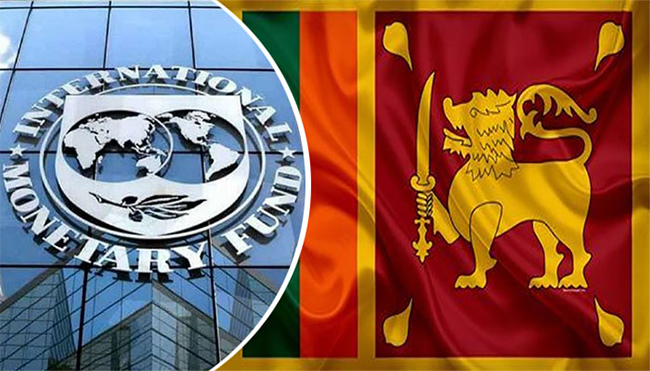To facilitate a deeper understanding of the International Monetary Fund (IMF) tax reforms, the Institute of Chartered Accountants of Sri Lanka (CA Sri Lanka) recently organized a discussion forum. This event brought together experts from various sectors to delve into the reforms and their implications on the Sri Lankan economy.
Following the IMF’s comprehensive report issued on June 12, 2024, after its second review of Sri Lanka’s Extended Fund Facility, lively debates have arisen among economists, policymakers, and the general public. The discussions have particularly focused on the IMF’s revenue proposals.
Dinusha Rajapaksha, Partner at BDO Partners, led the session by presenting the key revenue and administrative proposals recommended by the IMF. The forum also featured a panel discussion, moderated by Saman Srilal, with insights from prominent experts in the field of taxation.
The panelists included N.R. Gajendran, Partner at Gajma & Co.; Thanuja Perera, Tax Advisor at the Ministry of Finance; Raj Prabu Rajakulendran, Lead Economist at Verité Research; and G.J. Sumanasena, Former General Secretary of the Institute of Valuers of Sri Lanka and Vice President of the Organization of Professional Associations (OPA).
N.R. Gajendran opened the discussion by addressing the projected increase in Sri Lanka’s tax-to-GDP ratio from 9.7% in 2023 to 12.5% in 2024, questioning whether these projections might be overly optimistic. He noted that Sri Lanka’s tax-to-GDP ratio in the early 1990s was around 20%, and that the decline over the past two decades warrants further investigation. Gajendran also critiqued the concept of imputed taxes, which he argued could unfairly burden taxpayers by being based on hypothetical income rather than actual earnings.
Thanuja Perera provided a counterpoint, emphasizing the positive impact of recent tax policy changes on revenue and development. She explained that the concept of imputed tax is not new to Sri Lanka, having been implemented from 1932 to 2018 in the form of Net Annual Value. The current proposal aims to tax individuals who own multiple properties based on either rental income or imputed rent income from unoccupied houses. This approach, according to Perera, would generate revenue while promoting a more transparent and equitable tax system. She also mentioned ongoing efforts to streamline VAT refunds through risk profiling and post-audit mechanisms.
G.J. Sumanasena addressed the challenges in the property market, particularly the valuation process conducted by Provincial Councils without qualified valuers. He advocated for civil society to challenge these practices and called for fair market valuations and greater transparency to support equitable tax policies.
Raj Prabu Rajakulendran emphasized the need to restructure tax holidays and exemptions, which currently account for 1.7% of GDP. He pointed out that while Sri Lanka’s tax rate is comparable to regional standards, inefficiencies in tax administration and a lack of transparency in granting tax holidays undermine revenue collection. Rajakulendran suggested that the government needs to engage with the public, provide clear justifications for new taxes, and build confidence that these measures are the best solutions for sustainable economic growth. He also stressed the importance of ensuring that the reforms process remains on track.
The forum concluded with a call for continued dialogue and collaboration among all stakeholders to ensure that the IMF tax reforms lead to sustainable economic growth and a fairer tax system in Sri Lanka.


